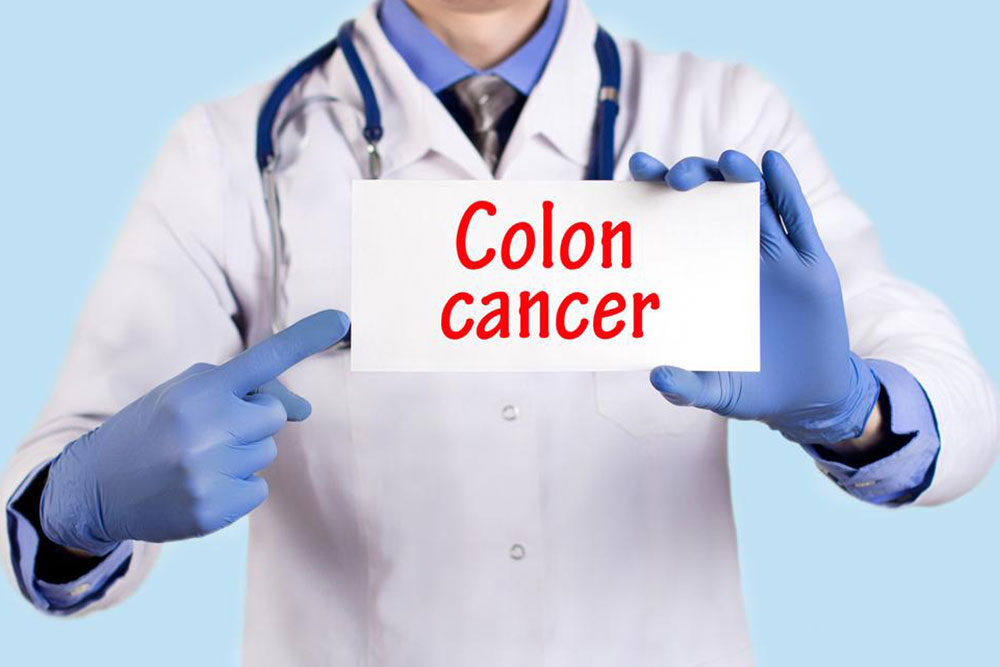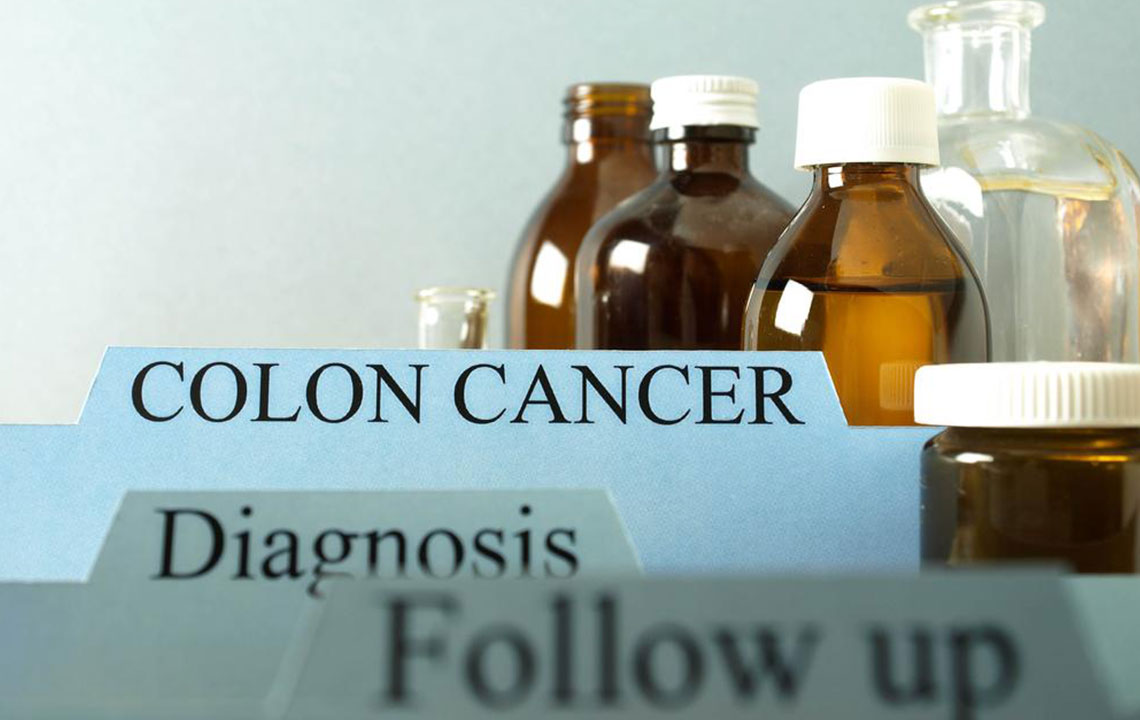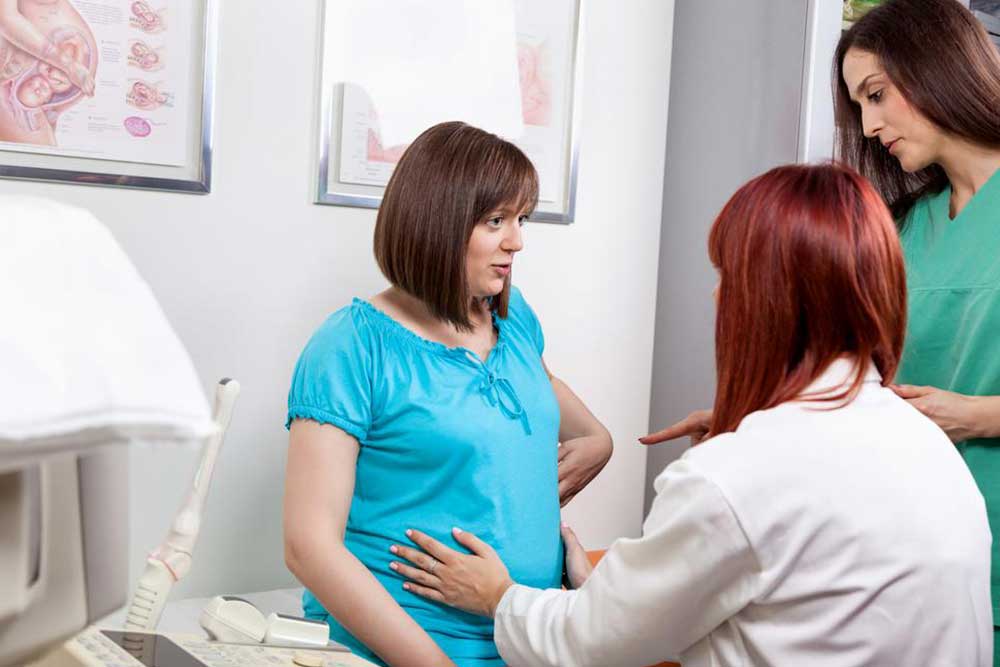Recognizing Early Signs and Symptoms of Colorectal Cancer
This article discusses the early symptoms and risk factors of colorectal cancer, emphasizing the importance of prompt medical consultation. It highlights signs like bowel changes, rectal bleeding, abdominal discomfort, and unexplained weight loss. Understanding these indicators can lead to early diagnosis and better treatment outcomes. The article also stresses preventive measures, including regular screenings, especially for individuals with genetic or lifestyle risk factors, to reduce the chances of developing colorectal cancer.

Recognizing Early Signs and Symptoms of Colorectal Cancer
Colorectal cancer, one of the most serious health concerns related to the colon, manifests through various symptoms. Identifying these early indicators is crucial for prompt diagnosis and effective treatment. Risk factors such as advancing age, personal or family history of polyps or colorectal cancer, inflammatory bowel conditions, certain inherited syndromes, dietary habits, obesity, smoking, and alcohol consumption can elevate the likelihood of developing this disease.
The root cause often remains unclear, but it involves genetic mutations affecting cell DNA, leading to uncontrolled growth of abnormal cells in the colon.
Healthy cell DNA regulates proper growth, but genetic damage disrupts this balance, causing abnormal cell proliferation which results in cancer.
Changes in bowel habits, including persistent diarrhea, constipation, or stool consistency alterations, are common early signs.
Blood in stool, or rectal bleeding, can indicate colon issues or cancer.
Persistent abdominal discomfort, such as cramps, gas, or pain, signals possible problems in the digestive system.
Unexplained fatigue, weakness, or weight loss are concerning symptoms needing medical evaluation.
Many of these symptoms can be subtle and may resemble less severe issues. Therefore, consulting a healthcare professional promptly is essential for early detection. Treatment may involve medication or, in advanced cases, surgery. Prevention through routine screenings remains the best approach to combat this disease.










